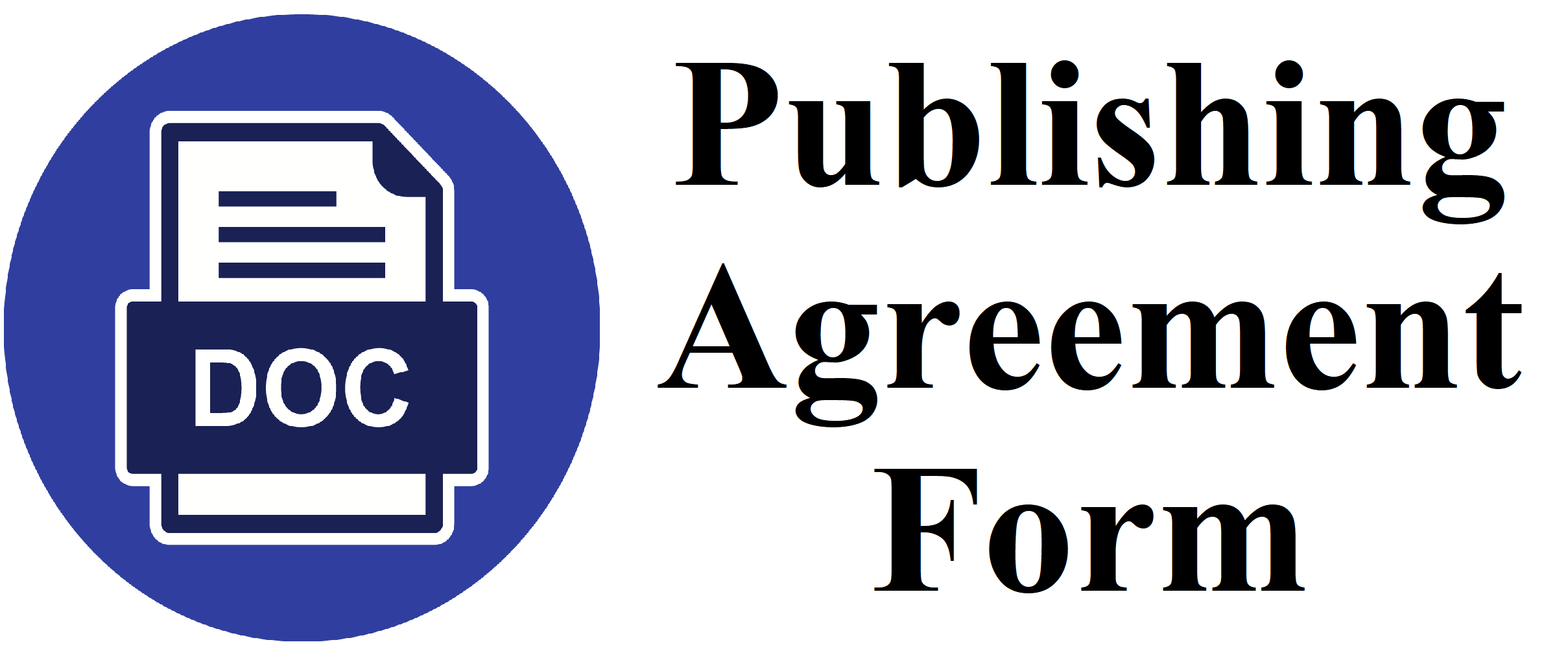Concrete Durability Performance Against Seawater As Curing And Mixing Water
DOI:
https://doi.org/10.24036/ijimce.v1i3.45Keywords:
Concrete; Sea Water; Compressive StrengthAbstract
This research aims to determine the effect of seawater on concrete durability and to assess the compressive strength of concrete based on variations in concrete mixtures and curing methods. The tests conducted include testing the characteristics of coarse and fine aggregate materials to obtain accurate concrete mix planning, followed by compressive strength testing after curing for 3, 7, 14, 21, and 28 days with four different mix and curing variations. The results show that in variation 1, the compressive strength of concrete cured with seawater for 14 days was 9.81% higher than that cured with freshwater. In variation 2, the compressive strength of concrete mixed with seawater and freshwater cured for 3 days was 43.91% higher compared to seawater curing. In variation 3, the compressive strength of concrete with a freshwater-seawater mix cured for 14 days was 44.65% higher than that of the seawater-only mix. In variation 4, the compressive strength of concrete with a seawater-freshwater mix cured for 3 days was 15.54% higher than that of the freshwater-only mix.
Downloads
References
S Uthaman etc (2018). Enhancement of strength and durability of fly ash concrete in seawater environments: Synergistic effect of nanoparticles,Construction and Building Materials, 187, 448-459, https://doi.org/10.1016/j.conbuildmat.2018.07.214
Dhondy, Tanaz, Alex Remennikov, and M. Neaz Shiekh. 2019. “Benefits of Using Sea Sand and Seawater in Concrete: A Comprehensive Review.” Australian Journal of Structural Engineering 20(4):280–89. doi: 10.1080/13287982.2019.1659213.
Yulismawati, R., Olivia, M., & Saputra, E. (2021). Durability of Partition Concrete Exposed to Peat and Seawater. Engineering Journal, 15(2), 137–147. https://doi.org/10.31849/teknik.v15i2.7081
ASTM C1602/C1602M. (2018). Standard Specification for Mixing Water Used in the Production of Hydraulic Cement Concrete. ASTM International.
National Standardization Agency. (2016). Aggregate Specifications for Concrete. SNI 8321:2016.
National Standardization Agency. (2004). SNI 15-2049-2004 Portland Cement. In National Standardization Agency of Indonesia. ICS 91.100.10.
Agus, I. (2023). Concrete Compressive Strength Test Using Seawater and Its Impact on Immersion Variations. UNIDAYAN Civil Engineering Innovation Journal, 12(1), 10–15. https://doi.org/10.55340/jmi.v12i1.1261
Ahmad, SB (2018). Research on the Influence of Seawater as Mixing and Curing Water for Concrete. INTEK: Research Journal, 5(1), 48. https://doi.org/10.31963/intek.v5i1.200
Destania, HR, Amalia, G., Civil Studies, T., Engineering, F., Indo, U., Mandiri, G., & Selatan, S. (2020). Comparison of the Effect of Freshwater and Seawater in the Curing Process on Concrete Compressive Strength. TEKNIKA: Journal of Engineering, 9(2), 82–88.
Nurtanto, D., Rahayu, AA, & Wahyuningtyas, WT (2021). Effect of Seawater and Freshwater Treatment on the Compressive Strength of Self-Compacting Geopolymer Concrete. Engineering, 14(1), 32–38. https://doi.org/10.21107/teknik.v14i1.8375
Prayuda, H., & Pujianto, A. (2018). Effect of Seawater and Freshwater Immersion on Concrete Compressive Strength. Scientific Journal of Civil Engineering, 22(2), 130–139.
Sidiq, FA, & Walujodjati, E. (2021). Review of Concrete Strength in the Marine Environment of Pameungpeuk, Garut Regency. Construction Journal, 19(1), 43–51. https://doi.org/10.33364/konstruksi/v.19-1.892
Sukmono Aji, N., & Winarto, Y. (2023). Comparison of Concrete Compressive Strength for Coastal and River Wharf Materials. Defense Civil Engineering Journal, 10(1), 27–37.
WIBOWO. (n.d.). Effect of Seawater on the Compressive Strength of K-175 Grade Concrete. Concrete Technology, 12.
Leni, D., Utami, L. P., Sumiati, R., Camim, M., & Khan, S. (2024). Predictive Modeling For Low Alloy Steel Mechanical Properties: A Comparison Of Machine Learning Algorithms And Parameter Optimization. IJIMCE: International Journal of Innovation in Mechanical Construction and Energy, 1(1), 11-20.
Wora, M., & Segu, Y. (2014). Effect of Prolonged Concrete Immersion in Seawater on Concrete Quality. Teknosiar, 8(2), 23–34.
Downloads
Published
How to Cite
Issue
Section
License
Copyright (c) 2024 Zulfira Mirani, Mukhlis mukhlis, Oni Guspari, Andinimey@pnp.ac.id, Yosi Arista

This work is licensed under a Creative Commons Attribution-ShareAlike 4.0 International License.




